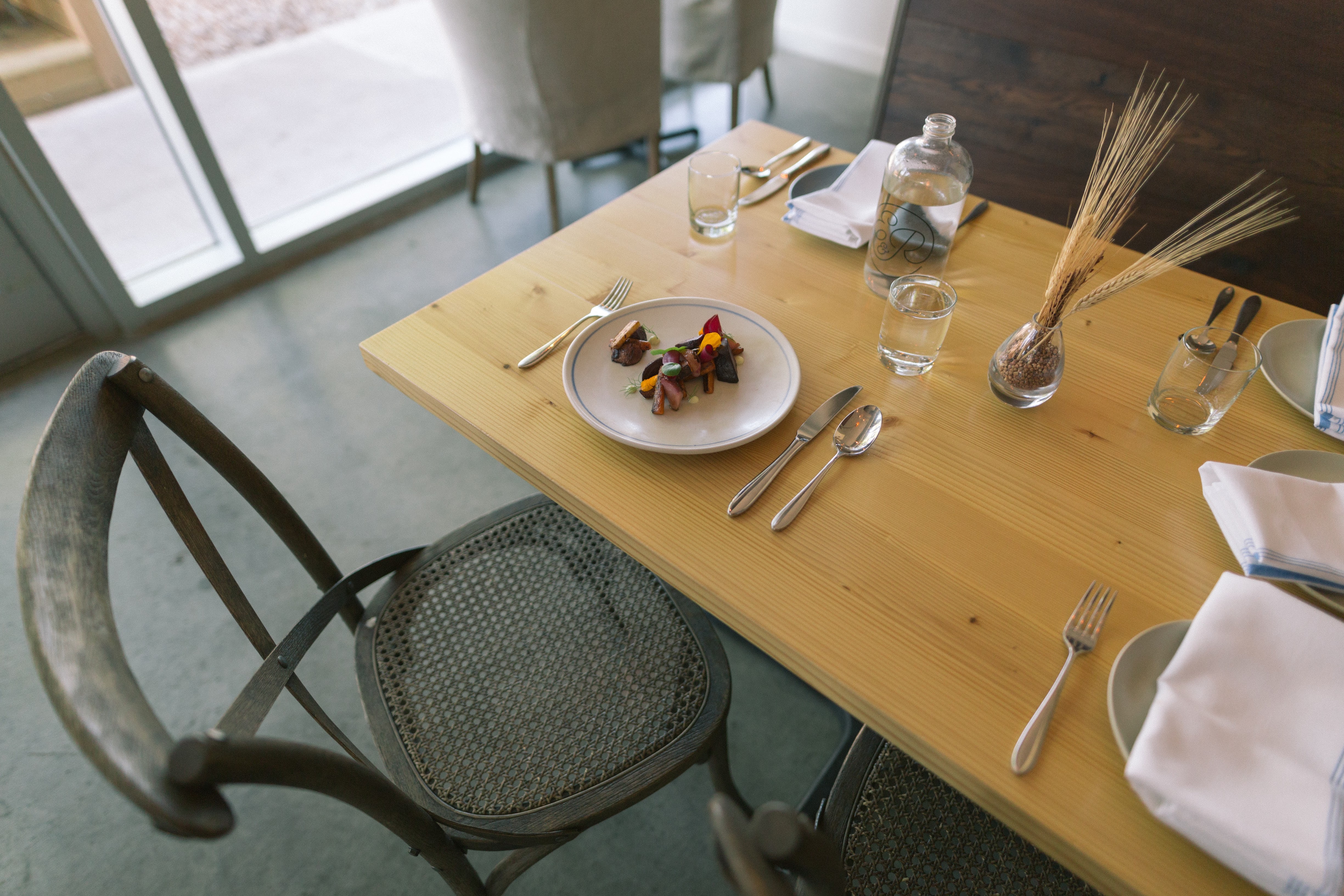
23 Sep Empty chairs and empty tables. Developing resilience in your ‘in-between’
For me, it was empty chairs and empty tables. And the fridge full of food.
Empty chairs
That was the moment it hit home that things are no longer the same. And I have to find my new normal.
But right now, I am caught ‘in-between’.
Like so many other parents across North America and Europe, I recently dropped off teens at college. But this year is different. After so many years of starting September with a family calendar dictated by syllabus, school lunches and semesters, I have to find a new footing.
In-between
First, there is the before.
Then there is the after.
But right there – in the middle, like a bridge – is the ‘in-between’.
That moment of transition.
Those few moments of no longer old but not yet the new – moments that sometimes stretch from minutes to months.
- In between vacation and work
- In between summer and back-to-school
- In between school and university
- In between being a student and adulting
You get the idea. Your mind is already in your new space – but your habits, your body or circadian rhythm hasn’t yet caught up. Or vice versa.
No matter our age, we each face moments like this. Often they have been planned stages in the natural progression of life.
- As a child, it can be the eagerness to start university.
- For a parent it could be the first time you let go of your child’s hand as they enter Kindergarten.
- For others, it could be moving up a grade, between one job and another, or retiring.
- At its more profound, it is sitting with a sick child or a losing a spouse.
When you are caught within this moment, something feels ‘off’.
A blip in the rhythm.
It is because there is a blip in the rhythm of your life. Your normal routines need to re-adjust: School lunches to make (or not). Hockey schedules (or not). Medical appointments (or not). Commuting (or not).
Lives once ordered by school bells and the terms of academic calendars now adjust to a reality of corporate rhythm with shorter vacations and financial year ends.
Finding your new normal
Trust you will settle. You will find a new normal. A new pacing for your new life.
Over the years, I have found a few simple life tricks help me during these transitions. They are encapsulated in that adage
something old, something new
- Stick with something familiar: Bring along something familiar from your old routine into the new. It could be as simple as holding on to a favourite hobby (mine is singing in a choir); sticking with a simple fixed routine for self-care (could be meditation, spin class, or laundry on Mondays); or taking along a familiar comfort (your mug or your pillow?).
- Figure out the new framework: Our habits usually hang within an existing routine. You are feeling a sense of displacement because your familiar framework is either permanently disrupted or temporarily changed. In the case of taking a vacation, this is a welcome interruption. But retired and lost your commute? No more a student and now a wide open calendar to define your vacation dates? Starting university and finding time to do your own laundry? Do some sleuthing to discover the broader calendar that defines the rhythm in your new world order – every organization (and family) has one. Find it and peg some new routines and familiar habits onto this new framework.
- Embrace the change: Gradually incorporate more elements of your new situation. Reach for fresh ideas and ways to leverage this new time. Network with people who have previously walked this path to discover time-saving hacks or mistakes they would not want you to repeat. Know that you are not the first or only. Take a moment for yourself where you acknowledge the changes you are going through.
And just like that, one day you will be at a new normal.
Lessons for the future
Recognize your signals
Resilience is primarily the ability to recover. Recovery can become faster and easier if we learn a few truths:
- Logically knowing that we should ‘get with the new program’ does not make it easier until we acknowledge the very real emotional side that loved the routine and security of the old
- Learn to notice signals that indicate a change is in the air. These harbingers allow us to plan and prepare so that our recovery might be faster.
- Trust that there will be a new normal. It may not be exactly as you imagined, but tomorrow always brings a fresh 24 hours.
That being said, I proactively filled my coming few weeks with activity, but opening my fridge made me realize I am still cooking batch sizes for a house full of hungry teens.
Pay your experience forward – modeling resilience
This weekend, when the memory of transition is still fresh, sit with your elementary or high-school student. Talk to your recent graduate, freshman, or friend who is in-between jobs.
Take time to talk them through what they felt, how they adjusted, who they connected with, how they sought out help, and how they found their new rhythm. This will give them self-confidence in their ability to manage future transitions.
Numerous studies point to the value of generational and family stories in developing resilience in our young. It is strangely empowering and comforting to know that someone – 2 weeks, 2 semesters or 2 generations ago – also walked a similar path of discomfort and adjustment. Share your family stories – the good and the uncomfortable.
You are not alone
And the same is true for each of us in our transitions. You are not alone. You got this.
Take a moment to acknowledge the old and anticipate the new.
And notice: What was your "in between"?
Then find your new normal.




No Comments